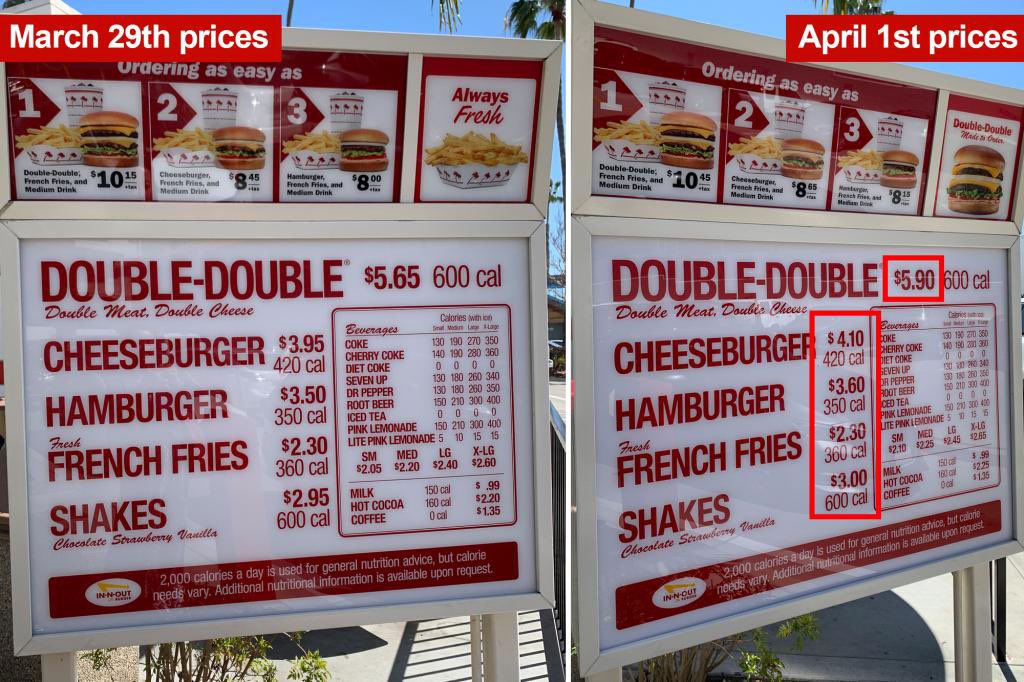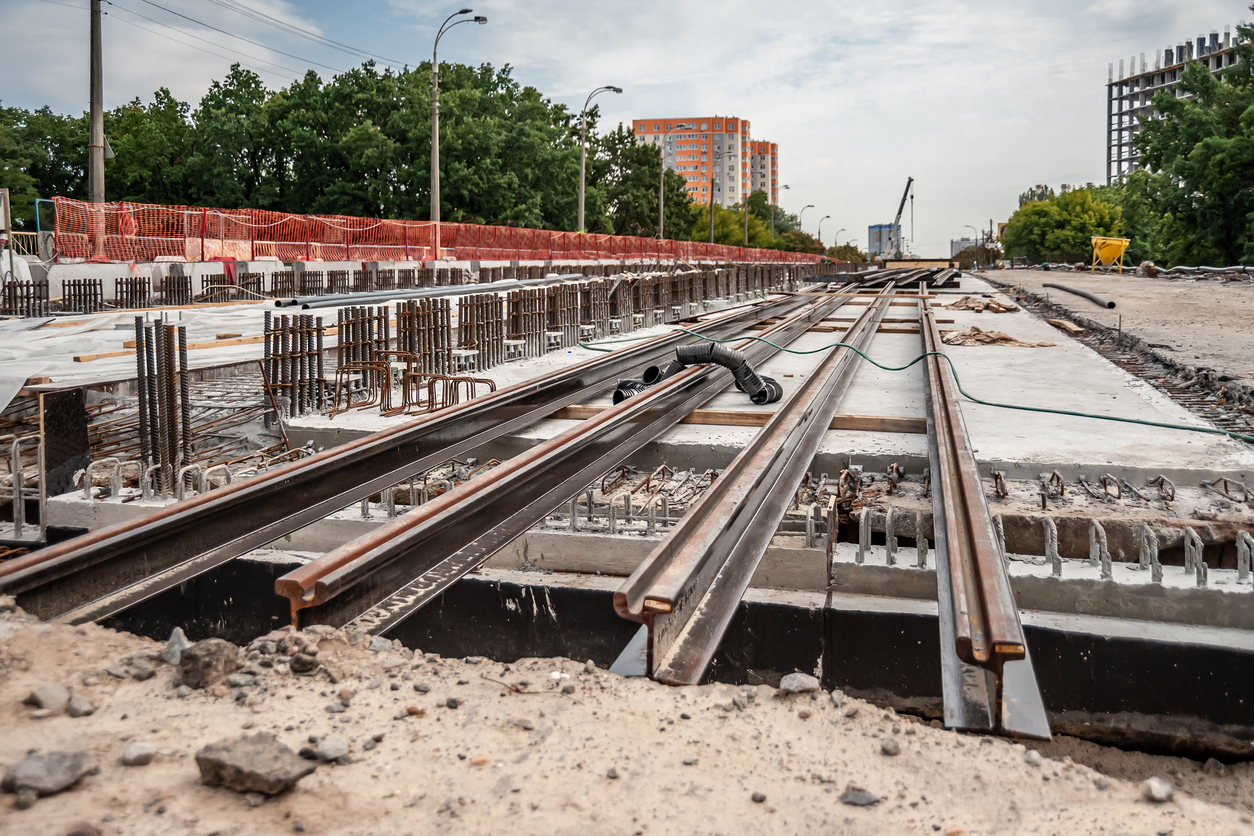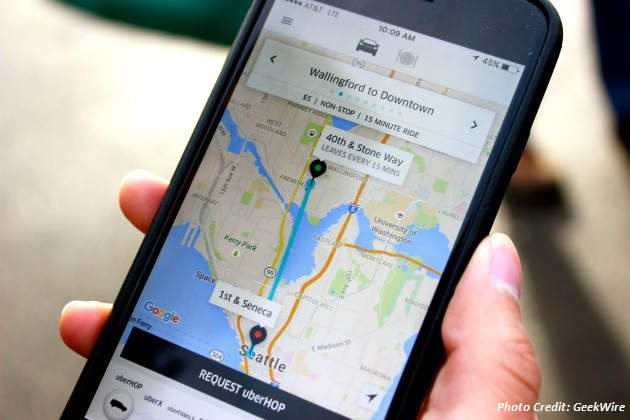Emails reveal Sound Transit denied Bellevue’s request for safety improvements

A request from the City of Bellevue to change the NE 4th Street HOV northbound on-ramp lane in Bellevue to a general-purpose lane to improve safety and mobility was denied by Sound Transit. The change would have helped prevent intersection collisions and reduced traffic congestion.
An analysis conducted by the City of Bellevue on the NE 4th on-ramp found it was “severely underutilized” and should be converted to a general-purpose lane.
Additionally, in recently obtained emails between Bellevue and Sound Transit, city engineers indicated there is a significant safety issue with the current lane configuration increasing intersection collisions.
In response, Sound Transit stated that removing the HOV on-ramp would delay a couple buses a few minutes a day and would not be in their interest.
The service planning manager at Sound Transit noted in an email that Routes 555 and 556 use the HOV lane to access I-405 en route to Northgate 15 times each weekday, serving about 1,600 daily boardings. From Sound Transit’s perspective, he said, “the conversion of the HOV lanes to general purpose lanes would not be in transit’s interest. Customers on-board ST Express Routes 555 and 556 would experience several minutes of additional delay and less travel time reliability.” He concluded that Sound Transit supports “maintaining the lane’s current configuration,” despite the city’s expressed safety concerns.
According to city staff, the NE 4th intersection carries over 60,000 vehicles a day. Conversion of the HOV on-ramp lane would not only help improve safety but would help reduce traffic congestion with no significant delays for transit traffic.
Sound Transit can deny the City of Bellevue’s request to change the lane because the agency partly owns it through previously-invested money into the construction of the ramp. As a part owner, they are required to be involved in any decisions in its change of use. It doesn’t matter how much they have spent; it only matters that they have some capital investment in the infrastructure.
Sound Transit officials denied the request despite protests from city staff who were using common sense to improve safety and mobility.
When an agency contributes to infrastructure investments, they should certainly have a say in the use of the facility. However, this should not be to the exclusion of other users and government entities. The use should be proportionate to the original investment amount. In this case, most of the ramp would be exclusively general-purpose since drivers pay for most of the infrastructure.
Even though traffic often backs up the hill on NE 4th while the HOV lane sits empty, Sound Transit insists this is good for transportation mobility. The City of Bellevue rightly disagrees. At a time when downtown Bellevue is experiencing rapid growth, city officials need to push back and open the lanes to improve mobility for the other 98% of people who use the intersection.







